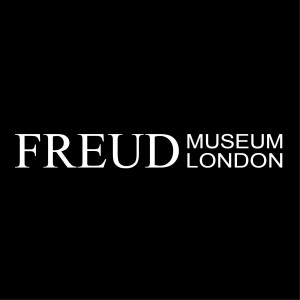
In the period following the end of the second world war in Britain, Kleinian psychoanalysis rapidly established itself as an influential paradigm for the treatment and understanding of the psychoses, within both psychoanalytical and medically minded psychiatric circles. Medically qualified psychoanalysts such as Hanna Segal, Herbert Rosenfeld and Wilfred Bion all made seminal contributions and the institutional approval and establishment ratification of their work, continues to be strongly felt to this day. In this paper, we will take up some arguments from the Canadian philosopher of science Ian Hacking, in order to look again at the tightly prescribed clinical techniques of Kleinian psychoanalysis of the period, especially in terms of the relationship between the social conditions of their analytic frame and the kind of theory of the psychoses this frames enables. In the twenty-first century, as we continue to battle to understand and provide effective treatments for those experiencing severe emotional distress, this paper hopes to remind us of the sensitive connection between the way in which we build theories of the mind out of the way we work with our patients and, in turn, the effect these theories have on those who seek our help.
Barry Watt is a psychoanalyst in private practice and a member of the SITE for Contemporary Psychoanalysis. He is one of the senior practitioners at the Psychosis Therapy Project as well as a housing advocate and community activist.
From the 'Psychosis and Psychoanalysis', a conference organised in collaboration with the Psychosis Therapy Project, a therapy service for people experiencing psychosis.
More Episodes
 2020-02-29
2020-02-29
 2020-02-10
2020-02-10
 2020-01-31
2020-01-31
 2020-01-17
2020-01-17
 2020-01-13
2020-01-13
 2020-01-09
2020-01-09
 2020-01-08
2020-01-08
 2020-01-04
2020-01-04
 2020-01-01
2020-01-01
 2019-12-28
2019-12-28
 2019-12-20
2019-12-20
 2019-12-16
2019-12-16
Create your
podcast in
minutes
- Full-featured podcast site
- Unlimited storage and bandwidth
- Comprehensive podcast stats
- Distribute to Apple Podcasts, Spotify, and more
- Make money with your podcast
It is Free
- Privacy Policy
- Cookie Policy
- Terms of Use
- Consent Preferences
- Copyright © 2015-2024 Podbean.com



